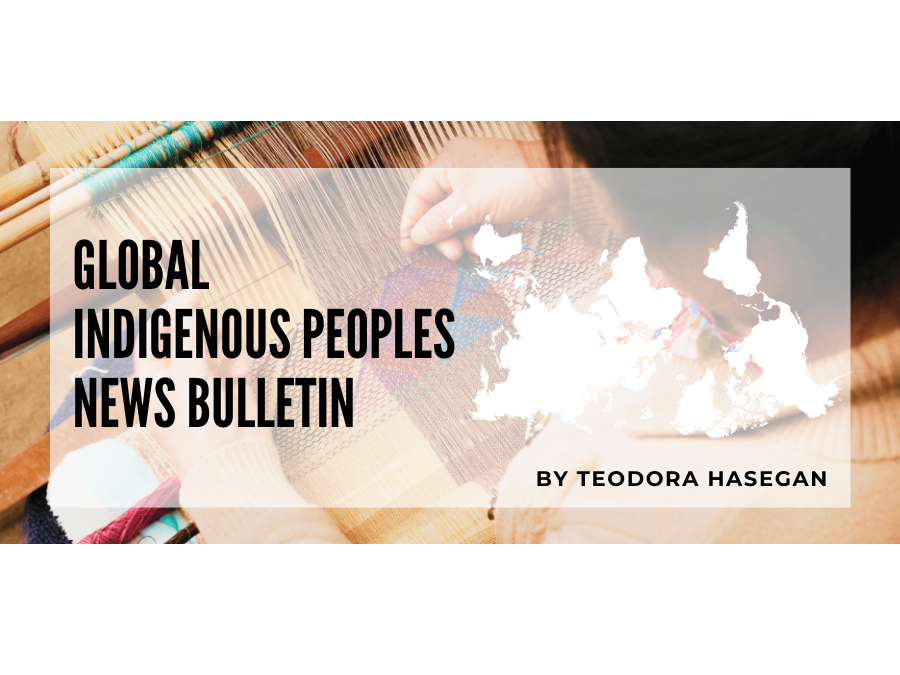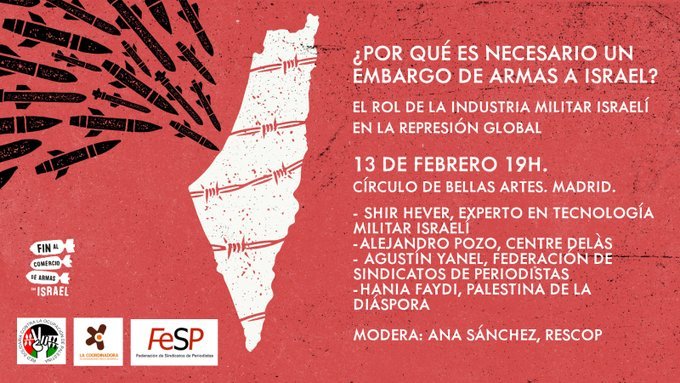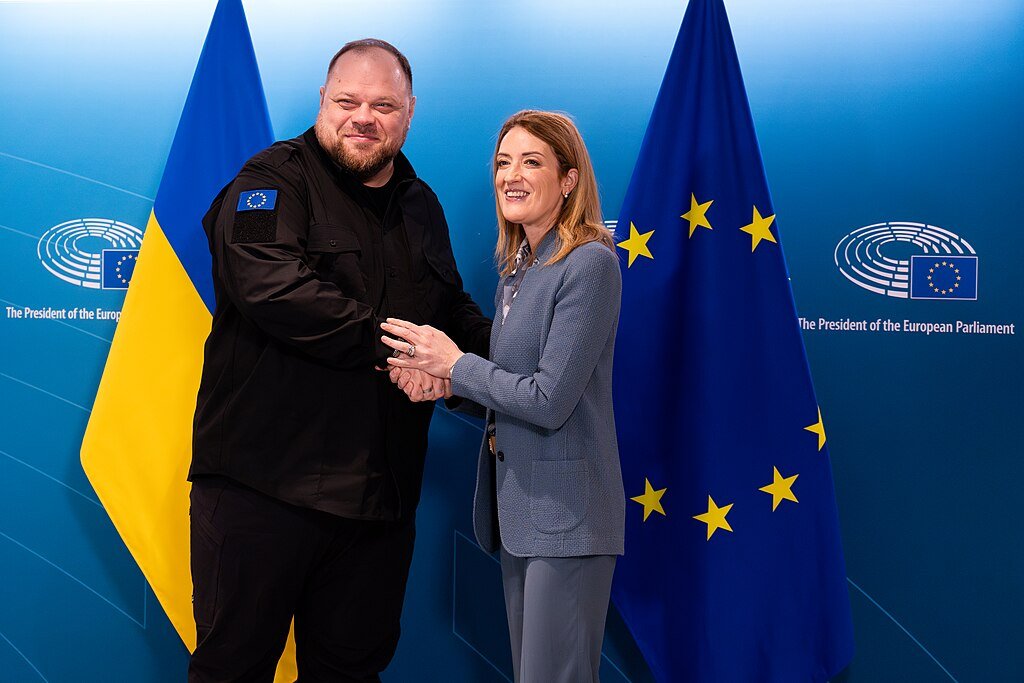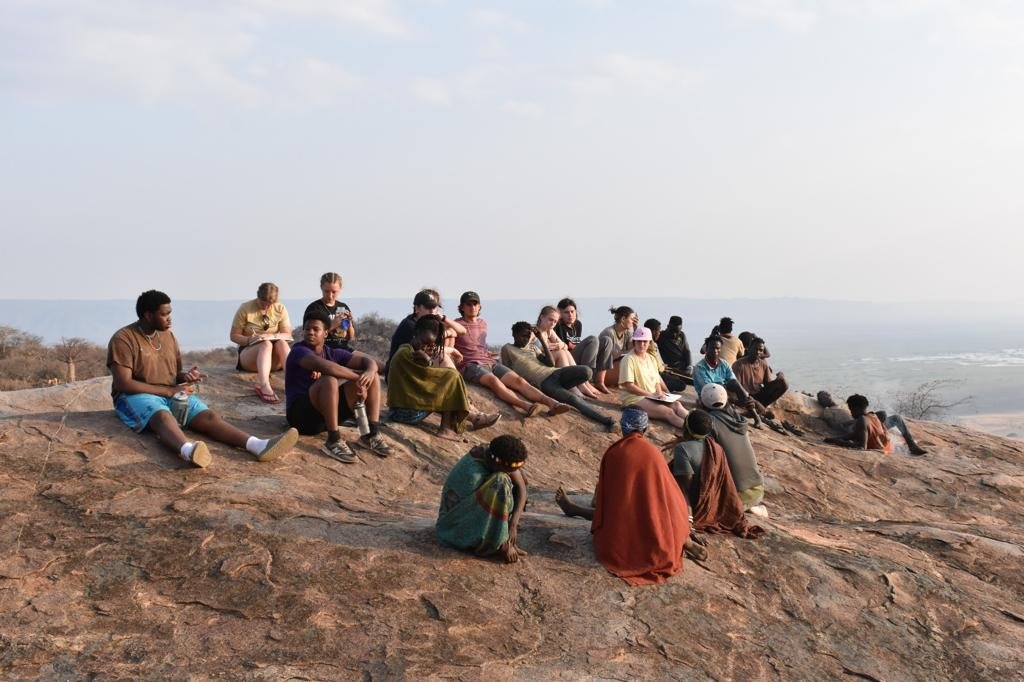
Stories
News

Analysis
Voices
Podcast
Announcements
Events

All Stories
NPR’s Celebration of German Public Memory: A Study in Colonial Amnesia
By acknowledging only the Jewish victims of the Holocaust, Martin and Smith’s conversation actually illustrates the failure of Germany to be “honest about its past harms.” For example, there is an urgent need to overcome the collective denial surrounding Germany’s history of colonization and genocide.
Are Comparisons of South Africa and Israel Useful?
By Jon Soske and Sean Jacobs
This post is part of our project, Holot: Crossroads of Global Violence. It was originally published by Mondoweiss and is reprinted here with permission of the authors.
The South African Nobel laureate J.M. Coetzee has a habit of speaking in rhetoricals. The effect, however, is that he makes his point quite clearly. This was the case recently at the Palestine Festival of Literature, which travels through Israel and the occupied Palestinian territories. Speaking on the festival’s last day, Coetzee noticed that “naturally people ask me what I see of South Africa in the present situation in Palestine.”
At first, Coetzee suggested that using the word apartheid to describe the occupation is not a productive step (“it diverts one into an inflamed semantic wrangle which cuts short the opportunities of analysis”). Coetzee then offered a definition of South African apartheid: “Apartheid was a system of enforced segregation based on race or ethnicity, put in place by an exclusive, self defined group in order to consolidate colonial conquest particular to cement its hold on the land and natural resources.” He continued, “In Jerusalem and the West Bank we see a system of …” and proceeded to read the same definition, ending to applause: “Draw your own conclusions.”









































































































